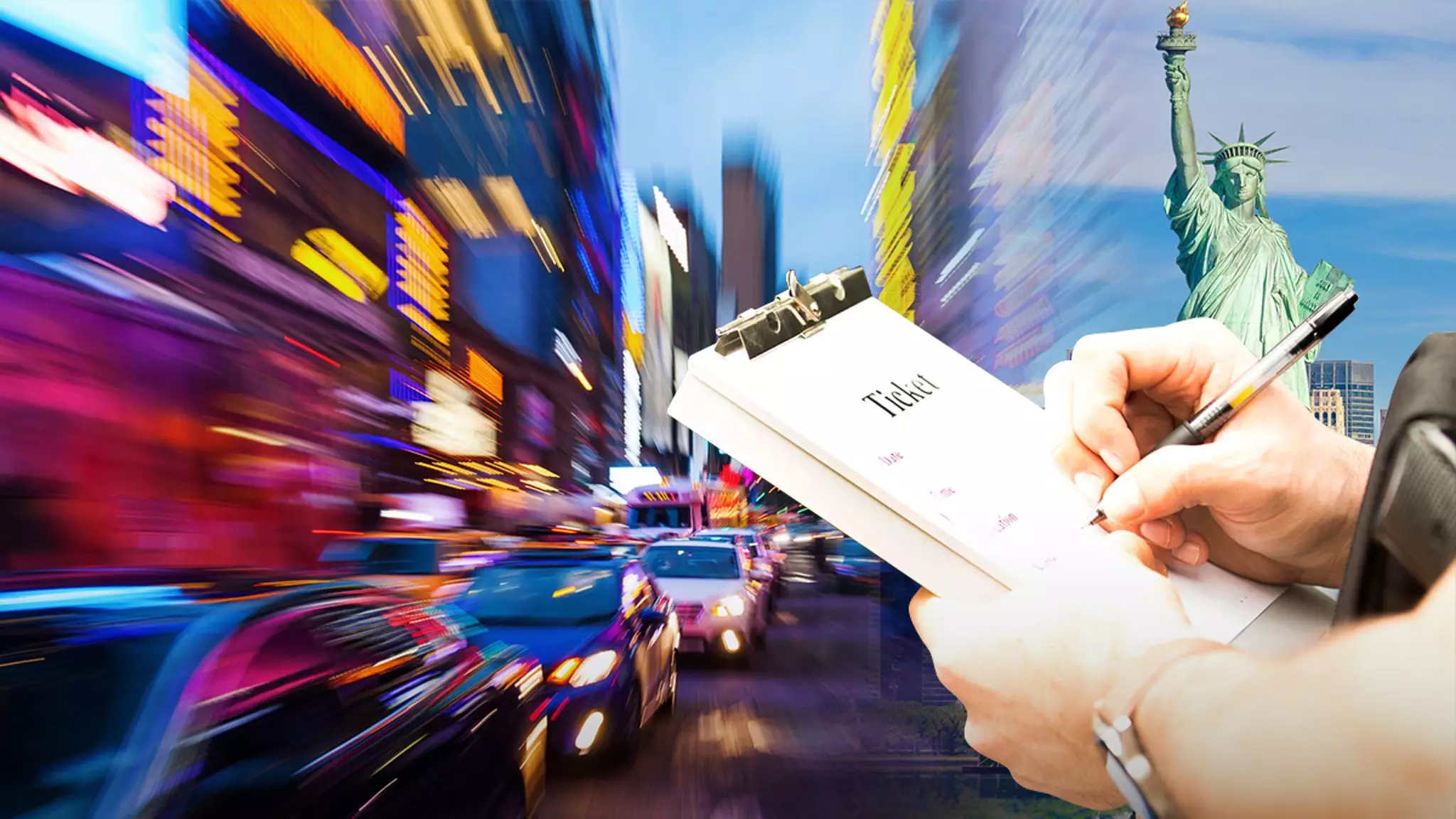In recent years, urban traffic congestion has been overshadowed by an alarming spike in reckless driving behaviors. New York City, infamous for its bustling streets, has become a battleground against speeding, particularly in sensitive areas such as school zones. The statistic is striking: numerous drivers accumulate an alarming number of speeding tickets annually, demonstrating a blatant disregard for traffic laws. Now, New York City is contemplating a groundbreaking solution that could fundamentally reshape how these infractions are addressed.
Accelerator-Restrictor Technology: A Controversial Proposal
Imagine a world where repeat offenders are mechanically restricted from exceeding the speed limit. This vision is at the heart of the proposed accelerator-restrictor technology, now under serious evaluation by city officials. This system, known as Intelligent Speed Assistance (ISA), utilizes GPS data to automatically modulate a vehicle’s speed based on location. Therefore, when approaching a school zone or a surface street where speed limits are stringent, the car’s ability to accelerate will be compromised.
However, the proposal is not without controversy. Critics argue that implementing such technology infringes on individual freedoms and questions the efficiency of punishment as a deterrent. In juxtaposition, supporters like the advocacy group Transportation Alternatives argue that traditional punitive measures, such as license suspensions, fail to address the root problem. An unsettling statistic — that 75% of individuals with suspended licenses continue to drive — underscores the urgency of finding a more effective solution.
Catalyst for Change: The Role of Policymakers
The debate surrounding accelerator-restrictor technology has escalated within the New York City Council. Recent discussions have revealed stark divides among council members, reflecting the city’s differing opinions on public safety versus personal liberty. The central issue at hand is whether New York will join the ranks of states like Virginia and Washington, D.C., who have already enacted laws requiring such technologies for chronic speeders.
Notably, the irony is palpable: while some see this as an invasion of privacy or an overreach of governmental authority, it is crucial to contextualize this conversation within the framework of public safety. With relentless reports of children being endangered in school zones, one cannot dismiss the potential to save lives through innovative technology.
Spearheading the Movement: Advocacy and Awareness
The push for this transformative measure is being led by organizations like Transportation Alternatives. They have meticulously tracked local “super speeders,” shining a light on individuals who chronically flout speed limits. With staggering statistics, such as a driver amassing 563 tickets in a single year, the need for intervention is glaringly evident.
Advocates argue that instead of viewing these measures as an infringement on freedom, society should recognize them as necessary steps toward safeguarding public health and safety. For many, this approach is not just about punishment; it’s about redesigning our relationship with driving and instilling a culture of respect on the roads.
In a landscape where lives hang in the balance, the conversation around accelerator-restrictor technology becomes not just a policy discussion but a moral imperative. As City Council members prepare for a formal vote, the outcome of this initiative may very well dictate the future of urban driving safety for years to come.

